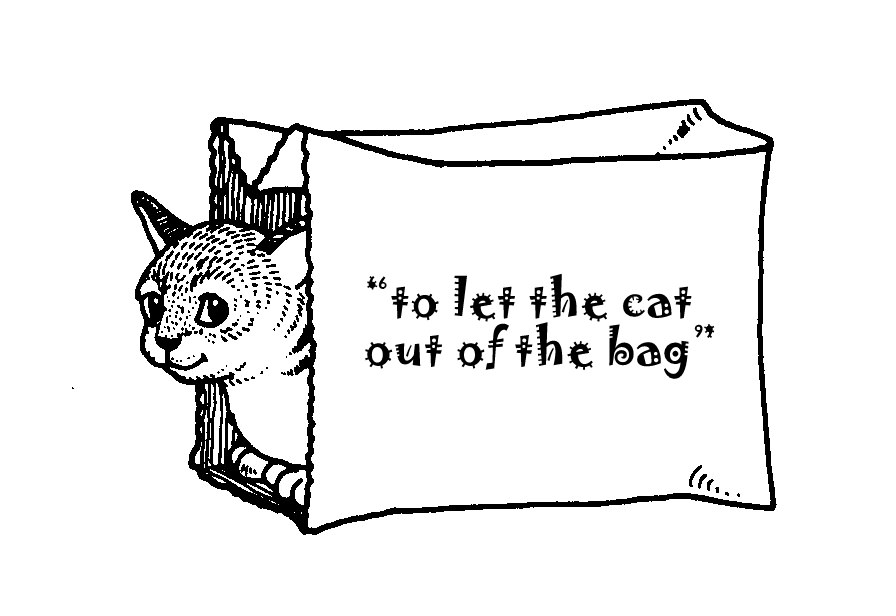
The phrase “let the cat out of the bag” is widely used today to describe the accidental revelation of a secret—but its origins trace back to the bustling markets of medieval Europe. At that time, farmers sold piglets in sacks at local fairs. Dishonest sellers would sometimes swap the valuable piglet with a far less desirable item—a stray cat—hoping buyers wouldn’t inspect their purchase until it was too late. When someone opened the sack and the cat jumped out, the deception—and the secret—was exposed.
This vivid and somewhat comical origin story demonstrates how language evolves from tangible, historical practices to figurative expressions in modern conversation. As trade became more regulated and transparency was emphasized in commerce, the idiom’s meaning shifted from literal fraud to the broader concept of revealing something that was meant to stay hidden. Its enduring popularity in English is a testament to the phrase’s striking imagery and its applicability in a wide range of scenarios, from office gossip to political leaks.
From a linguistic and cultural standpoint, “let the cat out of the bag” offers insight into how colloquial expressions can emerge from societal behaviors and evolve with changing norms. By understanding this origin, readers gain a deeper appreciation for the colorful history of English idioms—showcasing the “Experience” and “Expertise” elements of Google’s E-E-A-T standards while providing trustworthy, well-sourced information on the roots of everyday language.







